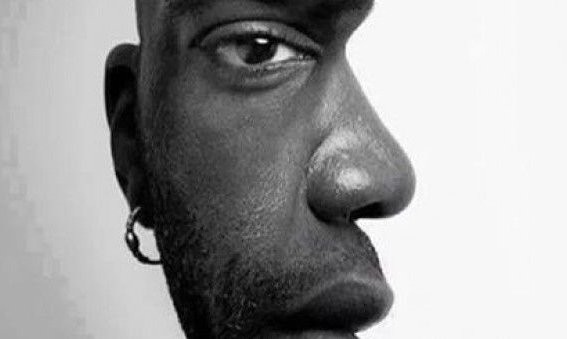
Imagine that in my shared house I refuse to clean the dishes, which my flatmate can vehemently object to. You might agree with them at first until you hear that this flatmate doesn’t do anything else around the house, which involves a significantly larger amount of work, and by refusing to do the dishes, I am trying to ensure that the housework is distributed equally. In this case, I shift from being perceived as the villain to actually becoming the victim.
Of course, if you only hear one side of the story, you would be unaware of this perspective, or as Proverbs 18:17 states, “There are two sides to every story. The first one to speak sounds true until you hear the other side and they set the record straight.”
This proverb was originally unfamiliar to me, as I wasn’t born into a Christian family or attended Sunday school. In fact, I came across it while doing research for my book, and it resonated with me, as a similar wording was proposed by Socrates, whose religion was ultimately logic and philosophy.
Nonetheless, the wisdom in this proverb became a foundational aspect of Optimal Happiness and helped me understand why happiness was superior to unhappiness to a point that now I regularly state that we should discard any perceived advantages of negativity or disadvantages of positivity and focus wholeheartedly on becoming as happy as we can be. I delve deeper into this point in my book Optimal Happiness for those interested.
Still, going back to my upbringing, growing up in an atheist family, I often observed people from different religious and spiritual backgrounds and I just couldn’t help but wonder why they believed what they believed and behaved as they did, as surely they must have been somehow misguided, I reasoned.
However, upon my research, I discovered that only 7% of the population identify as atheists, and I was taken aback. I mean, I had been raised to believe that only scientifically proven facts are valid, and there was no science that could prove the existence of God, while at the same time, scientific analysis was clearly telling me that the majority of the world embraced some form of spiritual belief.
This made me review my beliefs, and I went on to discover why other people had an opposing view to me, discovering that, like Proverbs 18:17 states, there are two sides to every story, and I only knew one side of it all.
This realization led me to more carefully reassess the pros and cons of my different viewpoints, ultimately giving rise to a concept I now refer to as “the duality of life.”
Why There Are Two Sides to Every Story
This story made me question my beliefs, not only about religion, but virtually every other aspect of life. For example, my political compass originally pointed to left-side liberal views, while in the USA, nearly 50% of the country supports the opposing view. So yes, 50% do share similar views as I do, but this doesn’t necessarily mean that I’m correct, at least until I hear the other side and we have an open discussion to set the record straight.
Similarly, if 93% of the world follows a certain path, that doesn’t automatically mean that they are right, and the remaining 7% are wrong, 7% of the world’s population is still a significant number of people, so they might know something that the rest don’t.
In my view, even if 1 million people believe in a specific point of view, I am curious to understand why they hold that belief. And by discussing all these different views that are different from our personal worldview, we can discover a more realistic view of the rules of the cosmos and how everything really works.
Going back to my original atheist arguments against religion, I asked myself: why should I automatically assume that I am correct in my beliefs if I am born into a Christian family or country, when there is a substantial portion of the world that does not share the same beliefs? After all, I could have just as easily been born into a Hindu, Muslim, or otherwise family and country. Wouldn’t my beliefs then be different?
Duality of Life is Life
As such, if we don’t know or understand something today, while millions of other people do, it is likely that other people know something that we don’t, a piece of information that has the potential to change our lives. In this respect, it is interesting to challenge our assumptions by studying things that we don’t quite understand or agree with, as often they can open our eyes to a potential other side of a story.
In this respect, I often hear people being very opinionated about specific points of view, utterly unaware of the opposite argument. What they say makes sense until it is challenged, and suddenly it doesn’t make sense.
So, can the opposite be true too? Often it is, but only to a certain extent. Radical points of view are mostly incorrect. There are always two sides to everything, like yin-and-yang. And while some things seem obvious to us today, like don’t kill and don’t use drugs, in some particular occasions and to some people, these views will make sense.
The solution, of course, is to do both, by becoming our own devil’s advocate, being able to argue both sides of our views. Until then, all our beliefs can be baseless, uninformed, and often wrong, while the true mastery comes when we can accept and reject specific ideas at the same time.


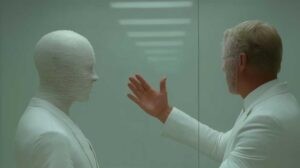






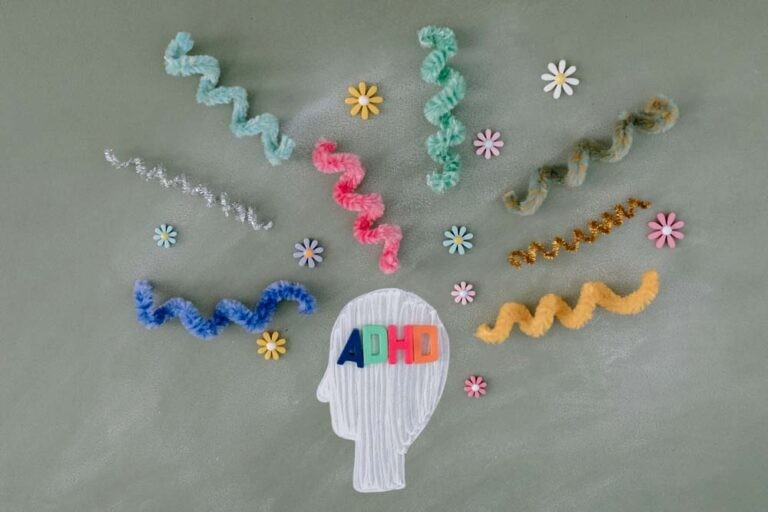

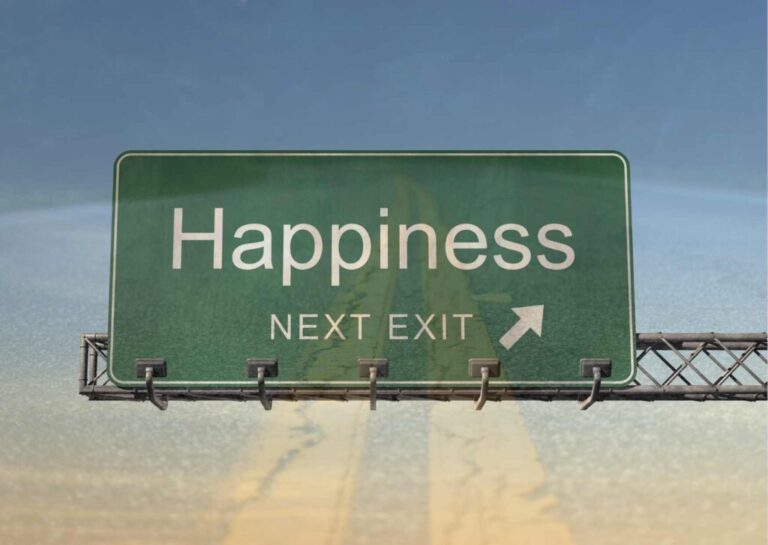
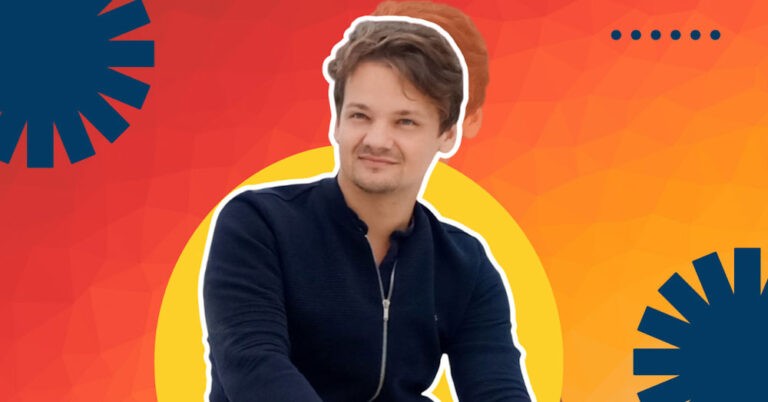



9 thoughts on “There Are Always Two Sides to Every Story”
Pingback: Happiness Mathematics: 13 Formulas That Will Make You Happy
Pingback: What is Happiness? Short & Simple Definition of Happiness
This is beautiful. Can we connect?
Thank you for your support, Victoria, Of course, I’d be happy to talk. On this blog, go to the top main menu, select “1-on-1,” and choose the best time to talk. I’m looking forward to our discussion!
I love this. Something that changed my life was a purposeful reevaluation of as many of my beliefs as possible. I move forward now believing that I am right, but knowing I could be wrong. This makes me hold all things in an open hand, and makes me endlessly excited about what new thing I can learn from each new day and each new person. Thanks for sharing!
Great! Indeed, all assumptions can be tested by examining both points of view and determining which one we ultimately prefer, taking into consideration the pros and cons of each. By considering different perspectives in every aspect of life, we can arrive at the ultimate truth by thoroughly exploring all possibilities. It may be challenging and time-consuming, but ultimately it leads us to aligning ourselves with the laws of the universe rather than the often flawed laws of humanity, allowing us to live our best lives.
Pingback: There Are Always Two Sides to Every Story – 🏖 CAYVIBES 🏖
This piece has quickly become one of my favorites. The words are truly masterful, and I admire how you articulate your thoughts. Please keep up the remarkable work. I’m committed to reading every time I receive a notification from now on. You are a source of goodness in the world.
Thank you for your support, Szerj. Some things do take time to articulate and rewrite, but since the message is important, interesting to many, and timely, I find a lot of inspiration to write about happiness (and how to maximize it) as much as possible. I guess the bottom line is that the ultimate and unconditional sense of happiness is possible for most, but we aren’t raised or educated about it. Therefore, we need to find inspiration outside our educational circles. As an expert, I’m trying to reach as many people as possible, and I appreciate comments like your own that keep me going.